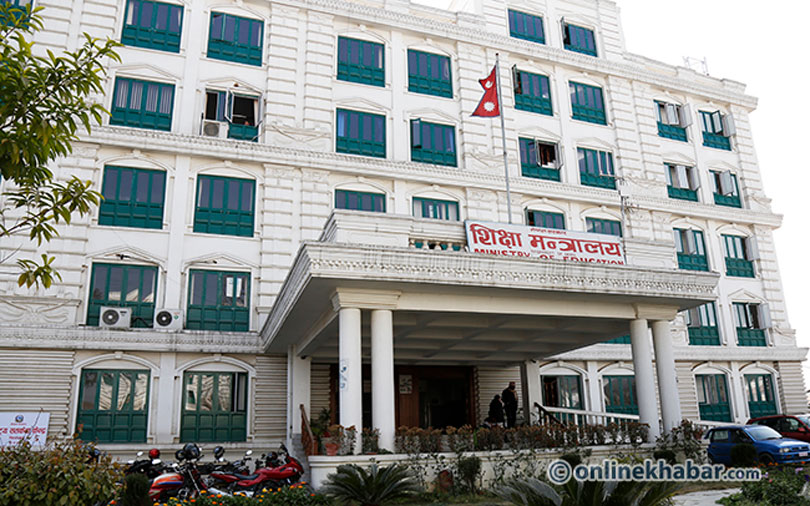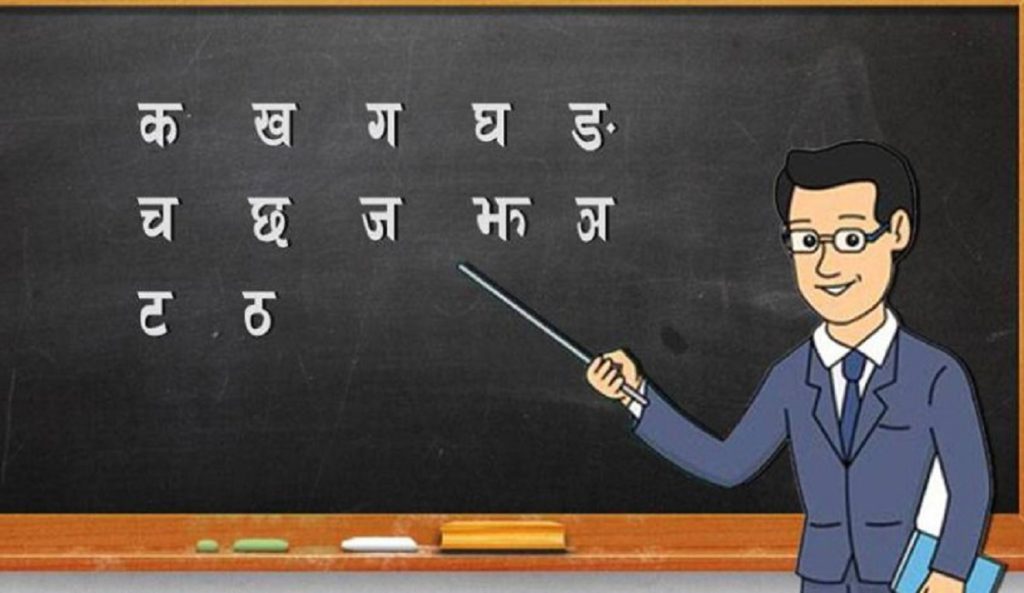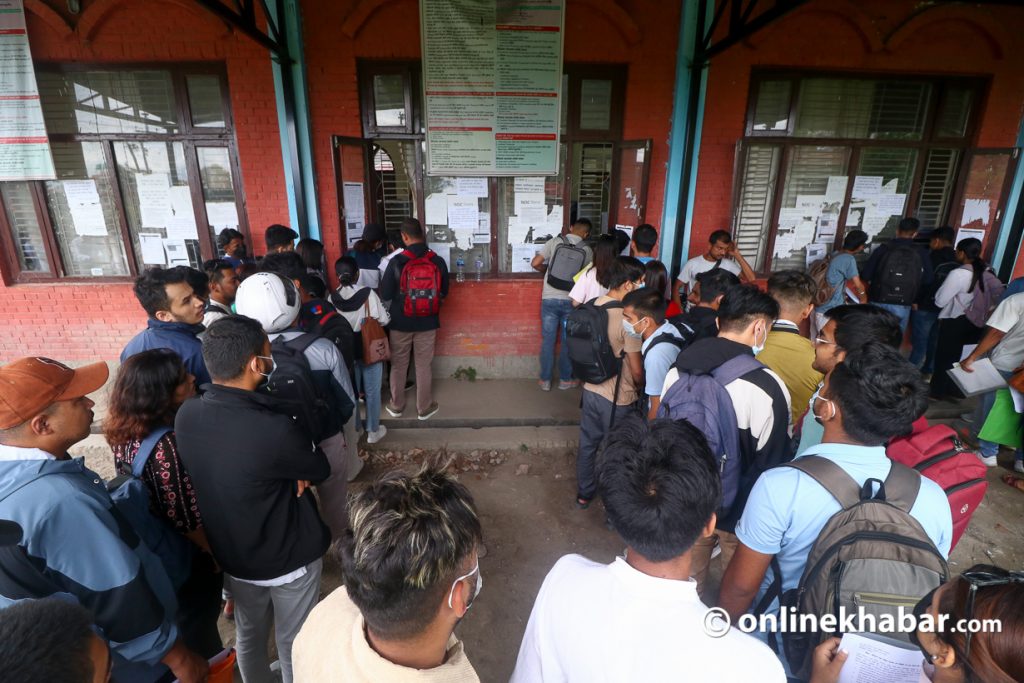
Nepali students who want to study abroad should acquire mandatory consent, known as the no objection letter (NOC), from the Ministry of Education. Having the NOC for studying abroad means you are allowed to exchange currencies for making university fee payments and heading to your intended university overseas.
The Ministry of Education has halted issuing the NOC for studying abroad for students who are planning and preparing to study diplomas and language courses as well as studying at an educational institution not listed on the ministry’s list, on the basis of the eighth amendment to the Education Act, 2016.
According to it, grades 11 and 12 were incorporated into school-level education and only university-level education will now be considered higher education. Due to its recent implementation (reimposition), the Ministry of Education has halted issuing the NOC for them.
It is argued that the government has changed rules on NOC for studying abroad considering the huge capital as well as rising migration for education. This, however, has brought despair and dilemma in both the students and parents who want themselves and their children to go abroad for further education.
Violation of the fundamental right
The right to education is an undeniable right of students. They are free to study whatever they want to and make a career in their field of interest. But the recent change has restricted the students from obtaining the NOC for studying abroad for certificate-level courses— diplomas, advanced-diploma, vocational education and language courses–which are chosen by many students in Nepal.
Another instruction mentions that the NOC for studying abroad is not to be issued for the universities and colleges not mentioned on its list. There are several educational providers where students have found matching courses that may not have been listed by the Ministry of Education, which means the authority may require updating the list upon the students’ request.
Hence, the students should not be restricted from obtaining the NOC for studying abroad for specific levels and courses or universities that suit their interests, academic level, language proficiency, financial status and career goal.

Hindrance to meeting the admission requirement
Universities and colleges have their own admission requirements for particular programmes. The students should meet those criteria for getting enrolled on their desired university and programme.
For instance, the students should be proficient in the English language and Japanese languages as well as foundation education before getting admission to their main programme in Japan.
Another obvious evidence is the fulfilment of the English proficiency criterion through IELTS, ESL or additional English for getting acceptance to universities in the West. Therefore, the completion of the foundation and language requirements is an essential part of their higher education, which the government of Nepal should consider regarding the NOC for studying abroad.
Curbing the possibility of upgrading and progressing
Students have their own strengths and challenges. Several students have a strong desire to study any particular programme, but, due to lower grades, poor English and lack of foundational strength, the students cannot directly get into their intended programme.
The English language course and diplomas are promising pathway programmes that uplift the level of the students, usher them to their main programme of interest and lead them towards their dream.
The foundational and pathway programmes are the only hope for several passionate students with special circumstances, which the government of Nepal should not neglect while issuing the NOC for studying abroad.

Discrimination against students from the lower-income status
The diplomas and vocational programmes are among the shortest, most affordable and undemanding courses that expose students to practical learning and prepare them for their career development. However, the recent change in the rules on the NOC for studying abroad inhibits students to pursue courses below higher education (bachelor’s and master’s levels). Higher studies are expensive, rigorous and time-consuming compared to diplomas.
Hence, the students who come from families with lower income are the most disadvantaged due to the recent change. Their dreams of studying overseas have been crushed. Therefore, the government of Nepal should be fair to all students irrespective of their economic background.
Delay in career development
Diplomas are well known for their faster completion of courses and for enabling graduates to resume work faster compared to undergraduate studies. It normally takes three or four years for undergraduate-level students to complete their studies while students of certificate and diploma levels can complete their studies, ranging from a few months to a year. This offers them the knowledge and skills to be competent to be fit to the job market or resume to the work faster.
The recent change in the rules on the NOC for studying abroad inhibits students to pursue these courses that are practice-based and vocation-oriented. This leads to a delay in the completion of the higher courses and hence, a delay in achieving the dreams or visions back in the home country.
Higher unemployment
In contrast to Nepal, the colleges or universities overseas offer the students practical exposure and work as they study and after that as well. Being engaged in work, they can make some income to support their studies, get practical exposure as well as make some money for the future.
The unemployment rate is high in Nepal among youngsters. Overseas study not only offers an opportunity for students to gain higher education and international degrees but also opens them ways to earn some money for the future.
The recent change in the rules regarding the NOC for studying abroad has appeared as a hindrance for the students not only from the perspective of study and career development but also from the economic point of view.
In conclusion, it is evident that the recent imposition has appeared to be a great hindrance to the students’ right to education, career development and making advancement in their areas of interest. Therefore, the government should have a deep-level discussion with the parents, students, education consultants and all stakeholders to reconsider this step of changing rules on the NOC for studying abroad.
























